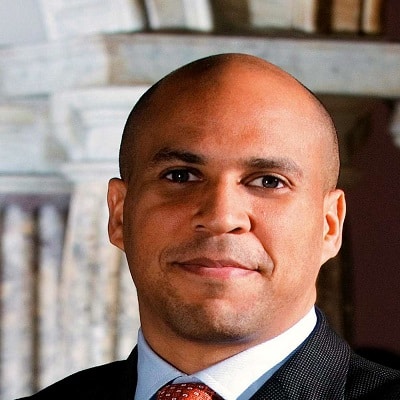 Richard Lee isn’t in the spotlight as much as he used to be. I first learned about Richard Lee when I saw him on national television talking about his dispensary and Oaksterdam University. It was awhile ago, so I don’t remember which news outlet it was on, but I will always remember Richard Lee’s passion for all things cannabis. In the video he showed the news anchor different types of cannabis, and was very patient and polite when she asked very dumb questions. Again, this was awhile ago, so the tongue-in-cheek comments were much more prevalent at the time.
Richard Lee isn’t in the spotlight as much as he used to be. I first learned about Richard Lee when I saw him on national television talking about his dispensary and Oaksterdam University. It was awhile ago, so I don’t remember which news outlet it was on, but I will always remember Richard Lee’s passion for all things cannabis. In the video he showed the news anchor different types of cannabis, and was very patient and polite when she asked very dumb questions. Again, this was awhile ago, so the tongue-in-cheek comments were much more prevalent at the time.
This blog was created in 2010, the same year that Richard Lee ponied up a ton of his own money to be the main funder behind California Proposition 19. Proposition 19 wasn’t the first legalization effort in American history, but it is one that I use to measure marijuana reform. Proposition 19, despite its defeat in 2010 in California, ushered in a new era of marijuana politics. Just two years after Proposition 19 changed the conversation surrounding marijuana legalization, two states (Colorado and Washington) voted to legalize marijuana. Two years after that, Oregon, Alaska, and Washington D.C. joined the list of legalizers.
Sadly, California was unable to get on the ballot in 2012 and 2014. Getting an initiative, any initiative, on the ballot in California is expensive and takes a lot of resources. In 2012 and 2014 resources were spread too thin in California, with many legalization initiative efforts competing against each other. 2016 is setting up to be the biggest year in marijuana legalization history, with California being the focal point. Like usual, there are many efforts in California to get a legalization initiative on the ballot. Last I heard there were 10 of them.
One of them is getting a lot of buzz because of the massive amount of money backing it. The initiative is commonly referred to as the ‘Sean Parker marijuana legalization initiative’ since it’s main supporter is Sean Parker who co-founded Napster and was a very early investor in Facebook. That effort received a very significant endorsement yesterday, via an article on Marijuana.Com by the always hardworking Tom Angell. Per Tom’s article:
A well-funded effort to legalize marijuana in California in 2016 just received a surprise endorsement from a key longtime movement player.
Marijuana.com has exclusively learned that Richard Lee, the founder of Oaksterdam University and the chief proponent of an earlier legalization measure that Golden State voters narrowly defeated in 2010, is endorsing the Adult Use of Marijuana Act (AUMA), an effort backed by a group of Silicon Valley funders led by Napster co-founder and early Facebook investor Sean Parker.
“It’s important that we all get together to support one initiative,” Lee said in an interview.
I receive a lot of flack for supporting AUMA, mainly from the other campaigns in California, which is fine. Like I tell everyone that e-mails, texts, or sends me messages on social media, yes, I do support AUMA, just as I support every other effort in California to legalize marijuana. They are all noble causes worthy of support. However, I’m a realist, and I’ve been around politics (marijuana and non-marijuana) long enough to know that some efforts have the resources to get on the ballot, and others don’t.
Like Russ Belville always says, the best initiative is the one that will win, and considering how many efforts in California won’t realistically make the ballot, let alone have enough resources to run what will be the most expensive marijuana campaign in marijuana politics history, I would like to see everyone in California get behind one initiative. It doesn’t have to be AUMA, but it does need to involve an initiative that has the treasure chest it will take to win on Election Day 2016.
I’m sure Richard Lee will receive some negative feedback for his endorsement, but I understand what he is saying. California is the biggest domino of them all, and while seeing a handful of other states legalize on Election Day 2016 will be absolutely fantastic, it won’t be as awesome as seeing them do it along with California. 2016 is a window of opportunity that may not come around again for a long time in California, if ever again. Now is the time to end marijuana prohibition in California, whether it be via AUMA, or a different initiative. I just really hope that fracturing doesn’t lead to defeat in California, as it has done in the last couple of election cycles.




